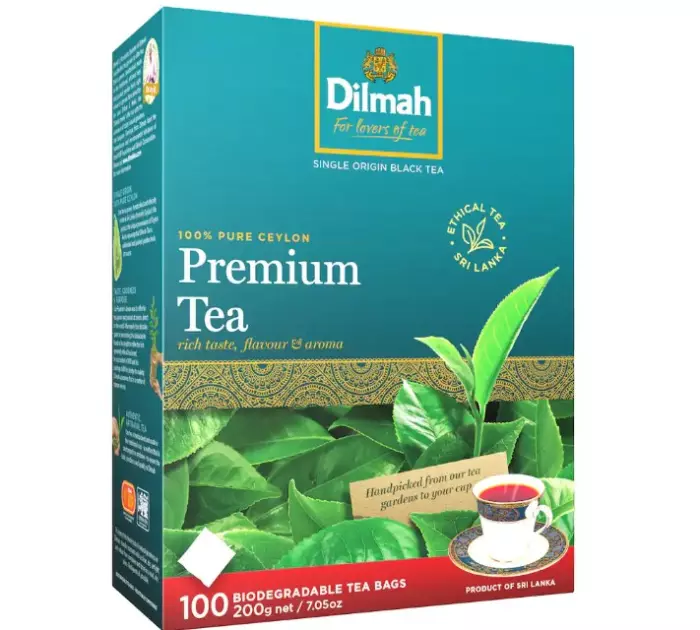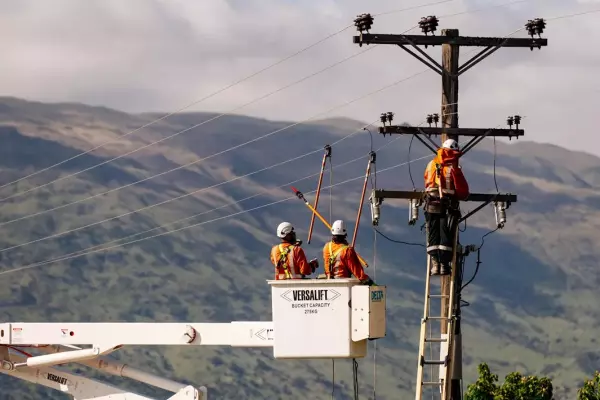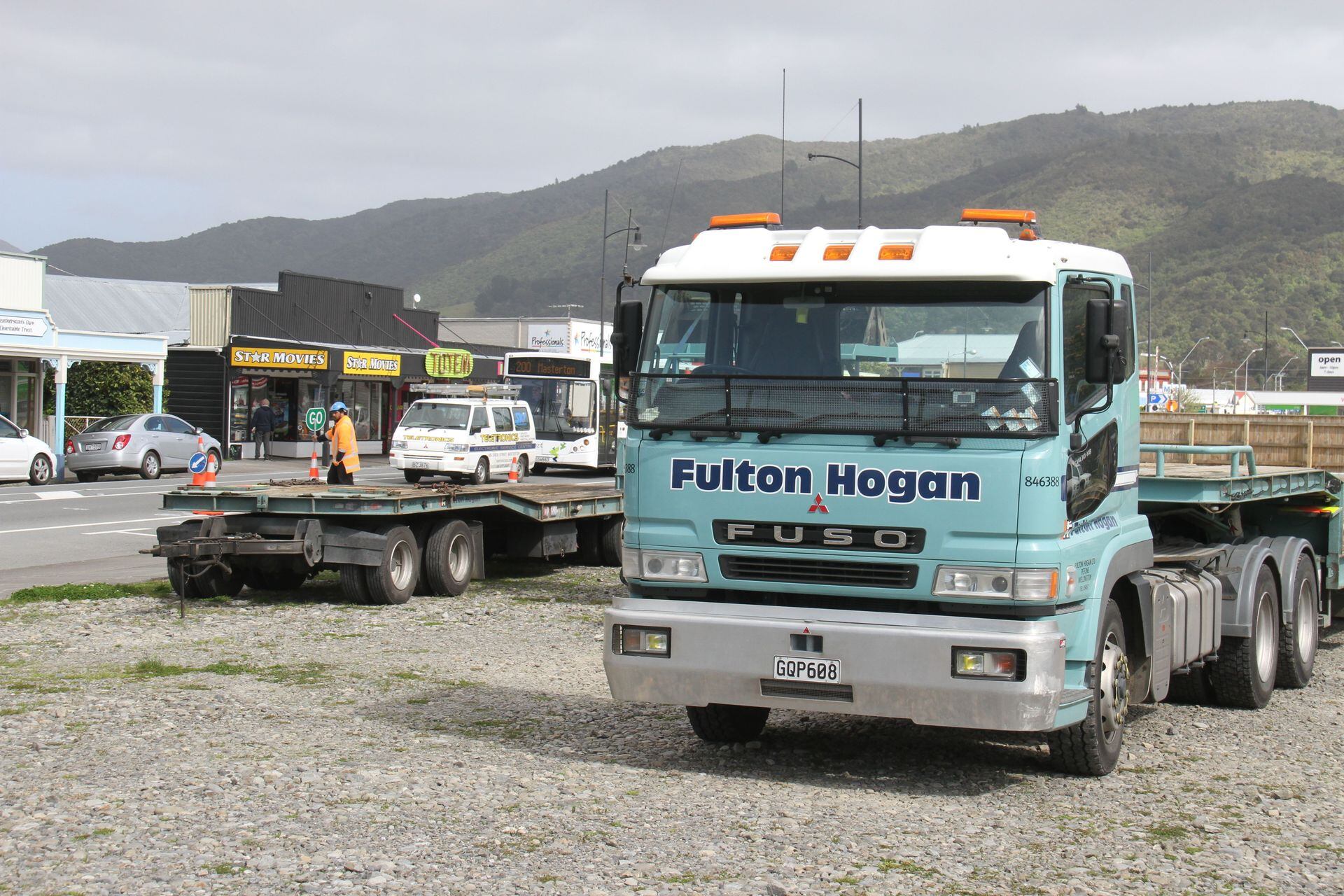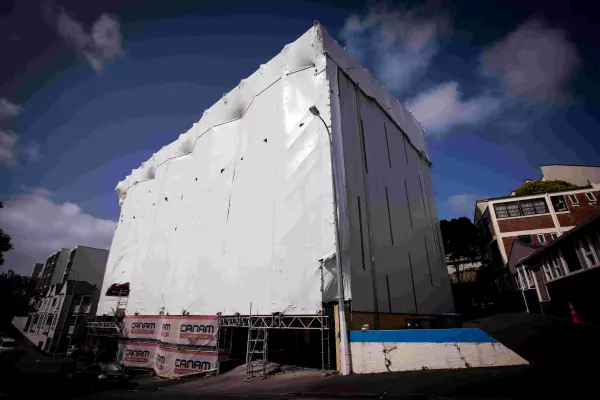Iconic brands are fighting back against claims they're greenwashing.
Dilmah tea, Proper Crisps and Cottonsofts are some of the country’s best-known and most trusted businesses but Consumer New Zealand said they're making “unsubstantiated” claims about how biodegradable they are.
When BusinessDesk spoke to the businesses, they all refuted claims their brands were greenwashing.
Dilmah
One of NZ’s favourite tea brands, Dilmah, had Consumer NZ concerned about the claim that its teabags are ‘industrially compostable’ using wasteMINZ best practice guidelines. Consumer NZ’s report claimed in response to the concerns raised, Dilmah agreed to remove the term from the packaging.
However, Nicole Campbell, head of sales and marketing for Dilmah NZ, said the statement from Consumer NZ is not true.
Campbell said Dilmah NZ wanted to “minimise confusion” for New Zealanders and removed “industrial biodegradable” from the packaging “until accessibility for this service has increased in Aotearoa”.
Dilmah is certified by DIN CERTCO, a European certification body, she said.
“We stand by the fact we are indeed industrially compostable, and this fact is not refuted by Consumer NZ.”
Dilmah was recognised as one of NZ’s most trusted brands last year.
Campbell said Dilmah had been on a sustainability journey for 23 years and was “proud of our progress and significant milestone” in creating a plant-based teabag that is free from plastic.
“Our decision to change packaging claims was made prior to Consumer NZ contacting us, however, the transition will be made during 2023 to avoid packaging waste.”
WasteMINZ guidelines say there's no current national certification standard for industrially compostable products, instead deferring to international standards and saying if an item is biodegradable in an industrial composting environment, it is recommended that you use that term.
In the best practice guidelines, both the certifying body, DIN CERTO, and the standard Dilmah was certified against, EN 13432:2000, are recognised by WasteMINZ in this instance.
Proper Crisps
According to Consumer NZ, potato chip producer, Proper Crisps, has marketed its product as being sold in compostable bags and said the claim doesn’t meet "best practice".
However, Nikki Neate, marketing manager for Proper Crisps, said the company refutes any greenwashing claims because its compostable packaging "works" and covid had “severely hampered” the certification process.
Neate said the chip packets break down in effective home-composting conditions in 12 months.
“There is still a lot to do. Currently, there is no single perfect answer for packaging that fits Proper’s product and the planet. We are intent on working towards better for both.”
Neate supported the introduction of government-led guidelines.
Proper has engaged supplier, citizen science and independent testing by Normec Organic Waste Systems but has now been hugely delayed in its wait for certification, she said.
“Once we get certification, we will update our packaging from home compostable to certified home compostable.”
WasteMINZ said there is currently no NZ certification standard for home compostable products but recommends if a product is made up of layers of individually certified home compostable film but has not been tested or certified as home compostable in its final form, it should not be advertised as being suitable for home composting.
Cottonsoft
Auckland-based Cottonsoft is another brand that has come under fire from Consumer NZ.
Cottonsoft claims its EarthSmart aqua wipes are biodegradable, but Consumer NZ said this was misleading the public because the company recommends putting the wipes in landfill.
Consumer NZ also said that the term 'earth smart' is a “vague and meaningless claim”.
Kim Calvert, Cottonsoft country manager, said the claims on the wet wipes are factual, backed by independent NZ laboratory testing at Scion.
“These are accurate statements and not misleading or greenwashing.”
As a brand, EarthSmart was the first to launch plastic-free wipes in mainstream supermarkets, leading change away from plastic baby wipes, he said.
“EarthSmart is not a claim, this is our brand name and covers a range of products that are kind to the environment.”
Calvert said the lab confirmed its product is biodegradable.
“We have not made any claims of compostability due to the potential pathogen risk from baby poo and provide disposal recommendations on the back of pack. The tests were done in home composting conditions, though only as a robust test of biodegradability.
“I can confirm that the bamboo is not a bio-based plastic or polymer.”
According to WasteMINZ guidelines, there was “no agreed standard timeframe for a definition of biodegradability” but recommended that if a product is compostable but not accepted at any of the industrial composting facilities in NZ it's because it's designed to capture human waste and that manufacturers do not advertise it as being compostable.
WasteMINZ also recognises Scion – the lab that certified EarthSmart aquawipes as biodegradable – as a verifying organisation in the country.
"Reports like this may be damaging to businesses"
Gemma Rasmussen, Consumer NZ's head of research and advocacy, acknowledged reports like this “may be damaging to businesses” but didn’t think their claims were “harsh”.
In the case of Dilmah, Rasmussen said although they removed the claims from their packaging, “it doesn’t get them off the hook that it was there in the first place but they were really quick to own that mistake but they weren’t on the 8-ball enough about their knowledge of industrial composting in NZ.”
Rasmussen said it was “too easy” for manufacturers to use “vague, misleading or unsubstantiated” terms and is calling for an independent investigation of greenwashing claims across multiple industries in NZ, and the introduction of new regulations by the Commerce Commission.
“Manufacturers selling products in NZ should not be misleading consumers and should be able to back up the claims.
“Being honest in marketing should not be a deterrent to businesses doing the right thing for the environment.”















